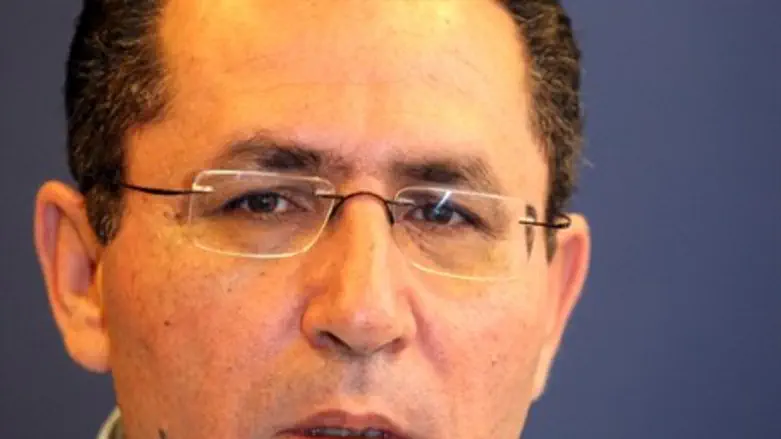
The Histadrut entered its third day of a national strike Friday after failing to reach an agreement with the Finance Ministry.
The open-ended strike was called by the Histadrut Trade Union Federation, to demand better conditions for contract workers with poor job security.
Late Thursday, National Labour Court President Nili Arad ordered both sides to continue negotiations, and report back to her on Friday afternoon.
If no agreement is reached over the weekend, Arad will review the situation early Sunday and her court will then decide whether or not to issue injunctions ending the strike.
Basic services across the country are at a standstill, including government offices, city councils, trains, banks, post offices and higher-education institutions.
The Histadrut is demanding Finance Ministry improve the employment conditions of contract workers lacking tenure – including social workers – who work notoriously long hours for substandard pay.
However, while the present strike focuses on the poor treatment of contractors, the Histadrut's history of frequent disruptions of life and services in Israel has made the move unpopular.
Histadrut workers generally have higher salaries, more job-security, and better benefits than the average Israeli worker.
Previous strikes have been described as “extortion on a national scale” by critics of the union.